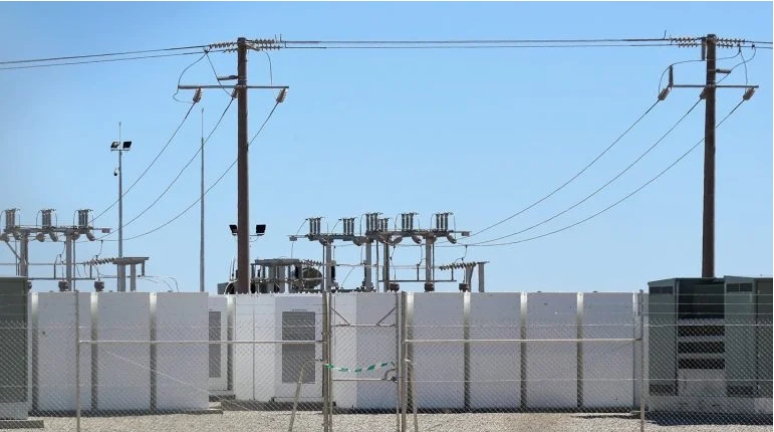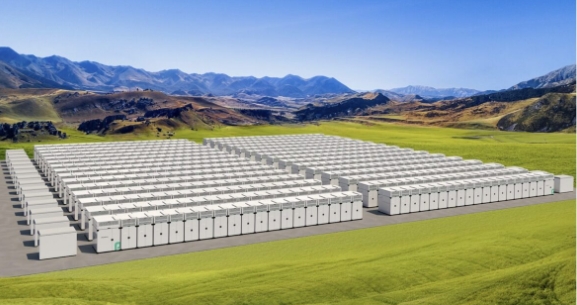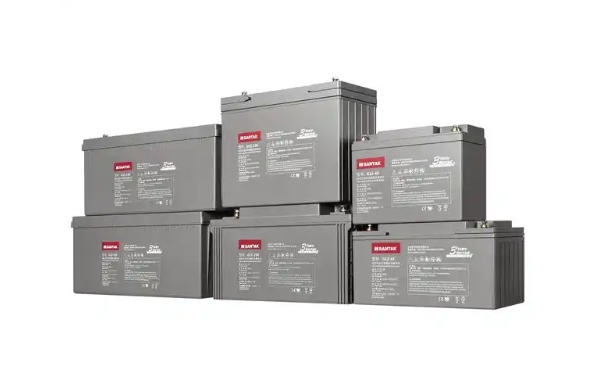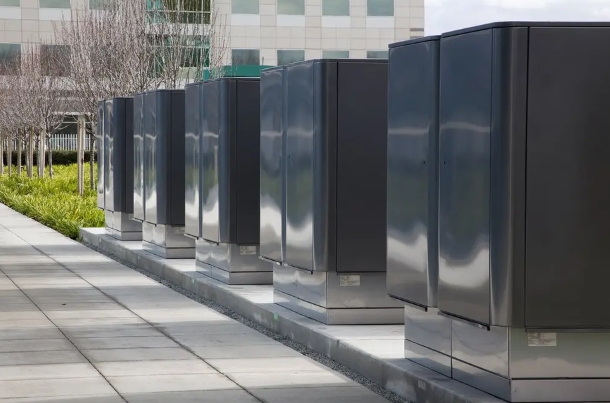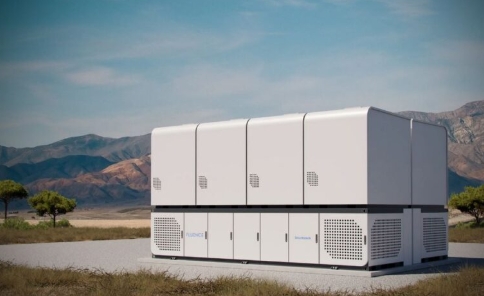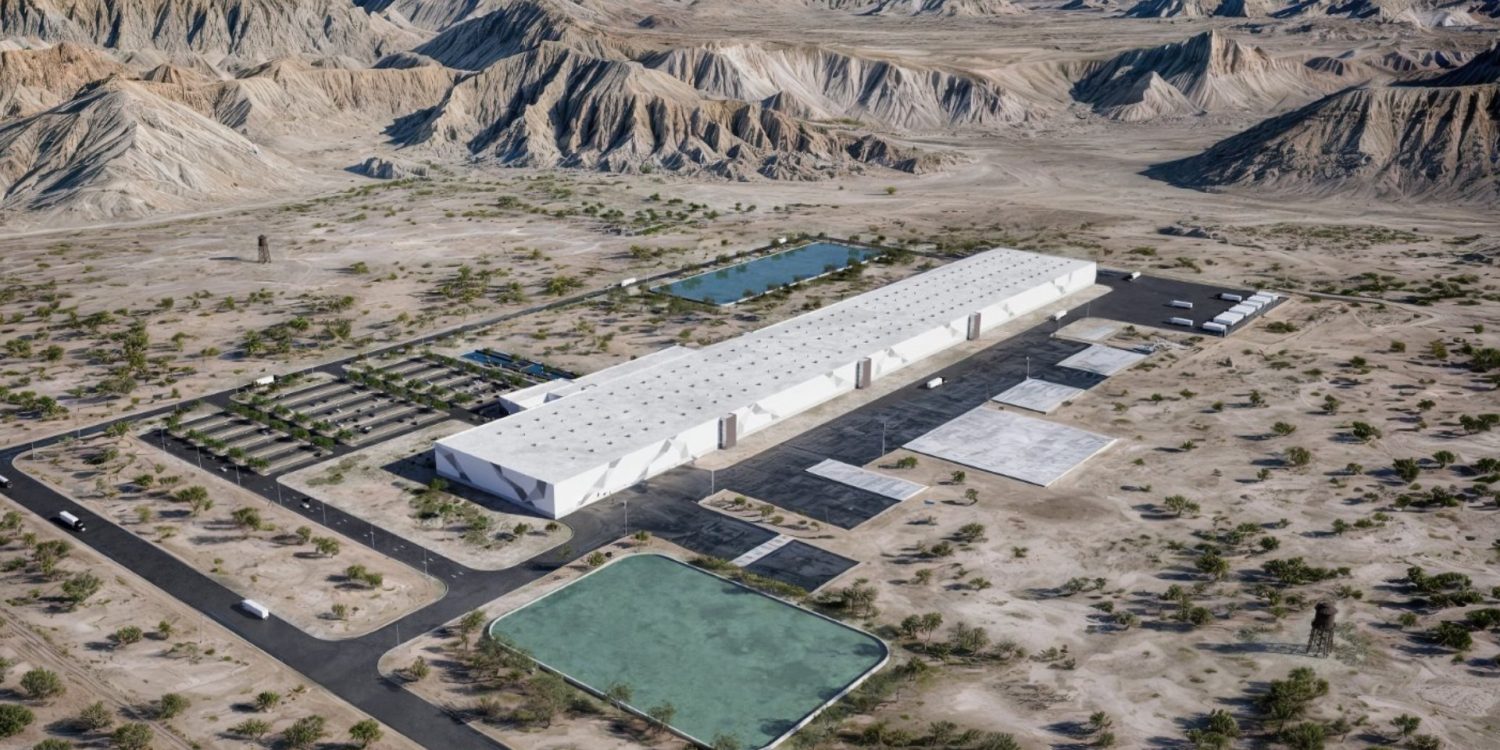
The new factory will be capable of producing up to 10 gigawatt-hours (GWh) of batteries annually once it’s fully online. Phase 1 (rendering pictured above) is set to go live in 2027.
The new gigafactory will produce both cathode active materials and lithium metal anodes, and it will assemble battery cells in cylindrical and pouch formats. Lyten has already been working on this technology at its pilot facility in San Jose, California, which has been online since May 2023.
The Reno factory is part of Lyten’s plan to support its entry into the micromobility, space, drone, and defense markets starting in 2024 and 2025. The company says it already has a robust pipeline of potential customers, and it sees this new gigafactory as a crucial step toward meeting growing demand.
Lyten’s gigafactory will cover 1.25 million square feet on a 125-acre campus in the Reno AirLogistics Park. Initially, it will employ around 200 people, eventually expanding to more than 1,000 jobs. These positions will include roles for researchers, engineers, technicians, and more. The company plans to break ground in early 2025.
Lyten is also working closely with the University of Nevada-Reno (UNR), Truckee Meadows Community College, and Nevada Native American and Tribal members to develop a workforce pipeline. The goal is to create local jobs and train a talented workforce that can support the factory’s advanced manufacturing needs.
Community leaders are rightfully excited about the project. UNR President Brian Sandoval noted that Lyten’s technology plays a key role in northern Nevada’s growing lithium economy. Local officials and educational leaders expressed their enthusiasm, highlighting the benefits to the community, workforce partnerships, and economic development.
